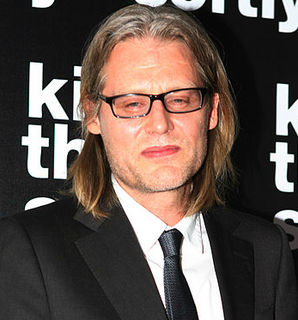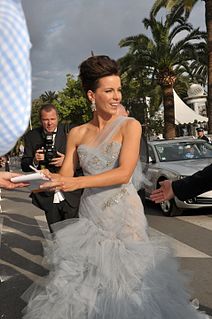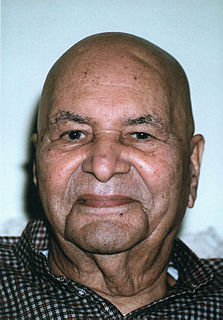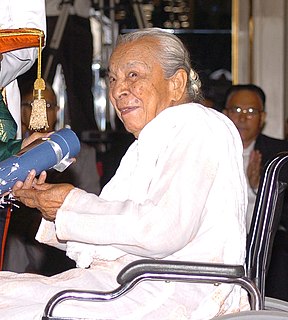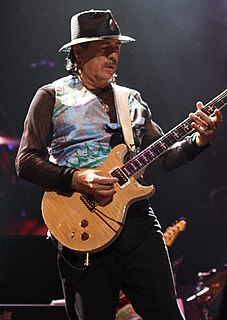A Quote by Barbara Kingsolver
I don't bring expectations to any of my books. I don't tell people what to do. I want to invite them in.
Related Quotes
It is this language of values which I hope to bring to my books. . . . I want to bring values to those who have not been valued, and I want to etch those values in terms of the ideal. Young people need ideals which identify them, and their lives, as central . . . guideposts which tell them what they can be, should be, and indeed are.
I want to see children curled up with books, finding an awareness of themselves as they discover other people's thoughts. I want them to make the connection that books are people's stories, that writing is talking on paper, and I want them to write their own stories. I'd like my books to provide that connection for them.
Electronic books are ideal for people who value the information contained in them, or who have vision problems, or who like to read on the subway, or who do not want other people to see how they are amusing themselves, or who have storage and clutter issues, but they are useless for people who are engaged in an intense, lifelong love affair with books. Books that we can touch; books that we can smell; books that we can depend on.
I am preparing myself for death. When I go to sleep, I try to keep myself smiling. So that when I die, I have a smile on my lips. I want an electric cremation. I don't want any poems or fuss after that. And for heaven's sake, don't bring back my ashes. Flush them down the toilet if the crematorium refuses to keep them. If they tell you that I am dead, I want you to give a big laugh.
Inevitably it's always a set-up; you go somewhere, bring your own expectations, you think you have an idea of what you want to do but then the minute you get there everything changes, so trying to work with people who are able to ride in a lot of different conditions, sub-par conditions, people who are able to make the most of any situation.
Book lovers are thought by unbookish people to be gentle and unworldly, and perhaps a few of them are so. But there are others who will lie and scheme and steal to get books as wildly and unconscionably as the dope-taker in pursuit of his drug. They may not want the books to read immediately, or at all; they want them to possess, to range on their shelves, to have at command. They want books as a Turk is thought to want concubines - not to be hastily deflowered, but to be kept at their master's call, and enjoyed more often in thought than in reality.
When you're young - when I was young - you want your emotions to be like the ones you read about in books. You want them to overturn your life, create and define a new reality. Later, I think, you want them to do something milder, something more practical: you want them to support your life as it is and has become. You want them to tell you that things are OK. And is there anything wrong with that?
When you talk to people about the books that have meant a lot to them, it's usually books they read when they were younger because the books have this wonder in everyday things that isn't bogged down by excessively grown-up concerns or the need to be subtle or coy... when you read these books as an adult, it tends to bring back the sense of newness and discovery that I tend not to get from adult fiction.





